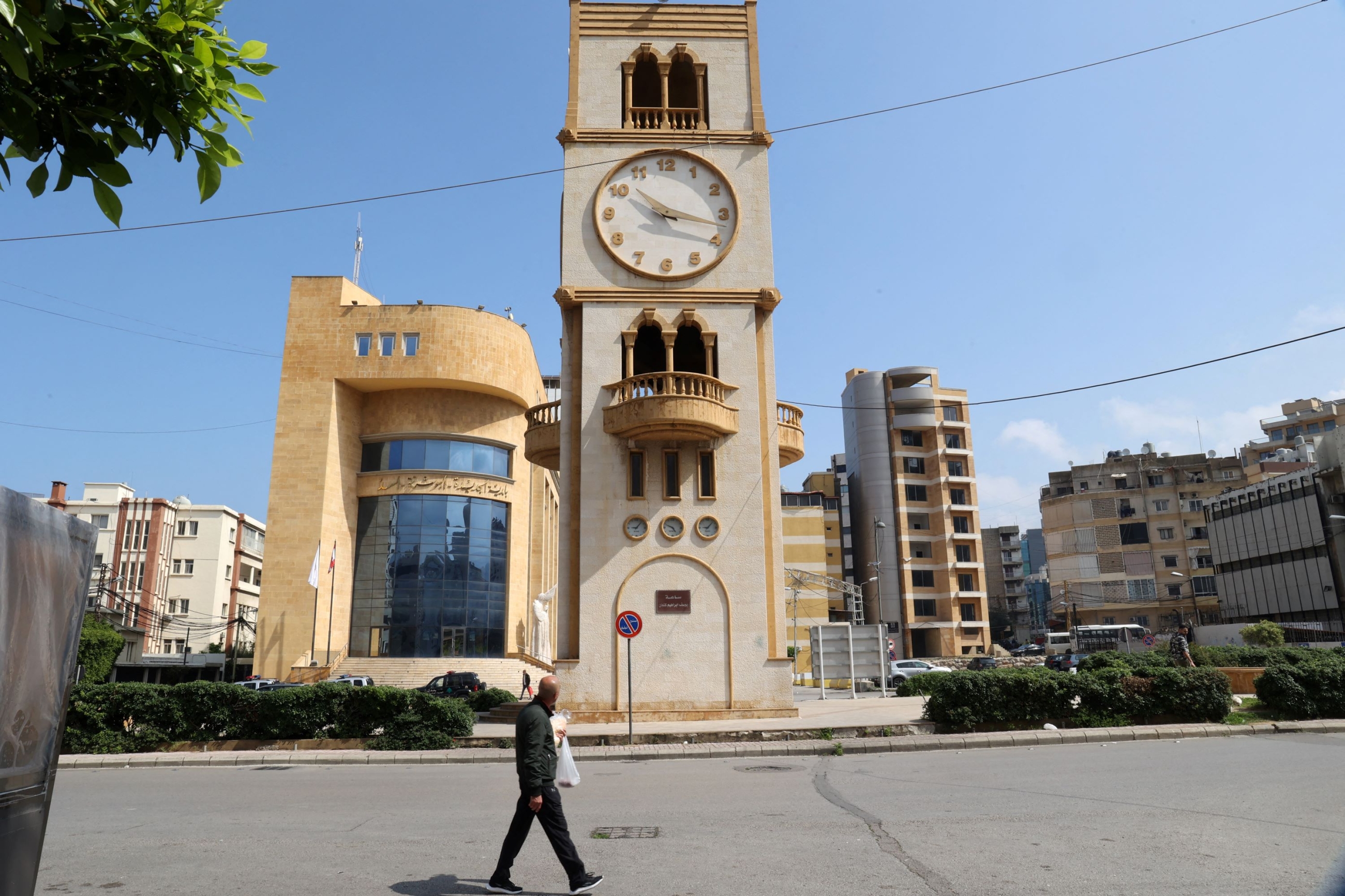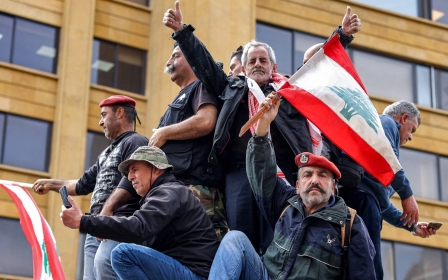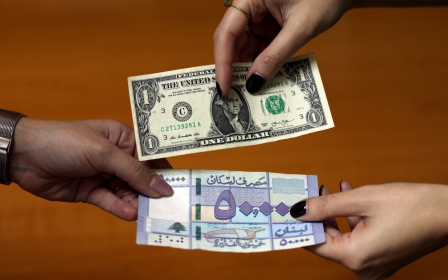Lebanon divided again in dispute over daylight saving time

Life is hard in Lebanon at the moment, with a collapsing currency and the majority of the population plunged into poverty by an ongoing economic crisis.
But few in the country expected their lives would be further thrown into chaos as a result of a controversial last minute move by the government over daylight saving time (DST).
On Thursday, the Lebanese government suddenly announced that they would be delaying the implementation of DST - which was supposed to take effect on Sunday - until 20 April.
'The decision of our government is shit'
- Rita, accountant
Despite no official explanation being given, a leaked video of a meeting between Prime Minister Najib Mikati and Parliament Speaker and Amal Movement leader Nabih Berri revealed that Berri requested the postponement of daylight saving time to enable Muslims to break their Ramadan fast an hour earlier.
The decision to postpone daylight saving time in Lebanon has caused confusion among the population, as some institutions have implemented the change while others have not, including a number of Christian churches.
New MEE newsletter: Jerusalem Dispatch
Sign up to get the latest insights and analysis on Israel-Palestine, alongside Turkey Unpacked and other MEE newsletters
One consultant of a Lebanese company, who wanted to remain anonymous, told Middle East Eye that her company had business trips scheduled for later in the month, and said the government's decision had thrown their plans into uncertainty.
"The office manager is unsure about when to book taxis. Also, we work with international offices located in Dubai and India. This is the best time of year to get closer to their time zones, but it means we have to rethink previously scheduled meetings," she said.
"I also have a team in Beirut, and the country is divided. I cannot have some team members following government decisions while others are not. However, making a decision on their behalf may create sensitivity because the issue has suddenly become political and religious. So, I have no idea what to do."
Rita, a 30-year-old accountant based in Beirut, was more blunt.
"The decision of our government is shit," she said.
She sarcastically suggested that the government's method of handling things was quite typical. Nevertheless, she said that she wouldn't comply with the decision as her work followed international time.
"I will follow the international time anyway because we also work with international companies, so, no problem for me," she said.
A divided country
While public institutions are expected to adhere to the government's decision, several private entities such as TV stations, schools and businesses have announced that they would not follow suit and would instead adopt daylight saving time on the previously scheduled date of Sunday.
The decision made by the Lebanese government to postpone DST could have significant consequences for people in various aspects of their daily lives, even impacting the settings of electronic devices, such as phones and computers, as people may need to disable the automatic date and time settings and manually set the correct time.
'The government made this decision without thinking of the consequences around the world'
- Zeina, civil engineer
Both of the country's cellular telephone networks, Alfa and Touch, have sent messages to their customers advising them to change their clock settings to manual to prevent the automatic time change at midnight, although the time has still advanced automatically in many cases.
The government's decision to postpone DST could also impact work organisation for many people, including scheduling of working meetings or online meetings with other parts of the world that have adopted DST.
Zeina, a 32-year-old civil engineer who works in Lebanon, told Middle East Eye that her company would be following international DST because they worked with international companies.
"The government made this decision without thinking of the consequences around the world," she said.
The decision to postpone daylight saving time could potentially impact servers, as reprogramming the hours could cause technical issues.
For example, L'Orient-Le Jour, a French-language daily newspaper in Lebanon, has announced that it would switch to DST to avoid encountering technical issues. Similarly, some TV stations have also announced that they would make the switch to DST.
Following the announcement of the postponement of DST, Middle East Airlines, the state airline of Lebanon, announced that the departure times of all flights scheduled to leave from Beirut airport between Sunday, 26 March, and 21 April would be shifted one hour earlier.
A video circulating on social media platforms shows that Lebanon's only airport, Rafik Hariri International Airport in Beirut, is displaying two different time zones:
The decision to postpone daylight saving time could also impact energy consumption. DST was originally created to make better use of daylight and consume less energy.
With the postponement of DST, Lebanese residents may end up consuming more energy with generators during an ongoing energy crisis in which they often have access to only a few hours of electricity per day and have to rely on diesel generators.
The implementation of DST could have saved some electricity - but with its postponement, this opportunity may have been lost.
Harsh criticism
The government's decision was met with harsh criticism, and many people responded by making jokes and memes about the decision on social media.
Some users even speculated that the decision not to switch to DST was made to divert attention from a report by the International Monetary Fund that was published on the same day, which harshly criticised the Lebanese government's passivity in enacting necessary reforms to unlock a recovery package to help revive the economy.
Others saw the issue as a distraction from the country's larger economic and political problems.
The public debate about DST took a sectarian turn when many Christian politicians and institutions, including Lebanon's largest church, the Maronite Church, rejected the move.
This was because the decision was taken by Mikati, a Sunni Muslim, at the suggestion of Berri, a Shia Muslim.
The decision to postpone DST was also politicised by various political blocs, who criticised the government for prioritising the DST issue over resolving the underlying issues that have plunged the country into a prolonged and multilevel crisis.
Middle East Eye delivers independent and unrivalled coverage and analysis of the Middle East, North Africa and beyond. To learn more about republishing this content and the associated fees, please fill out this form. More about MEE can be found here.





